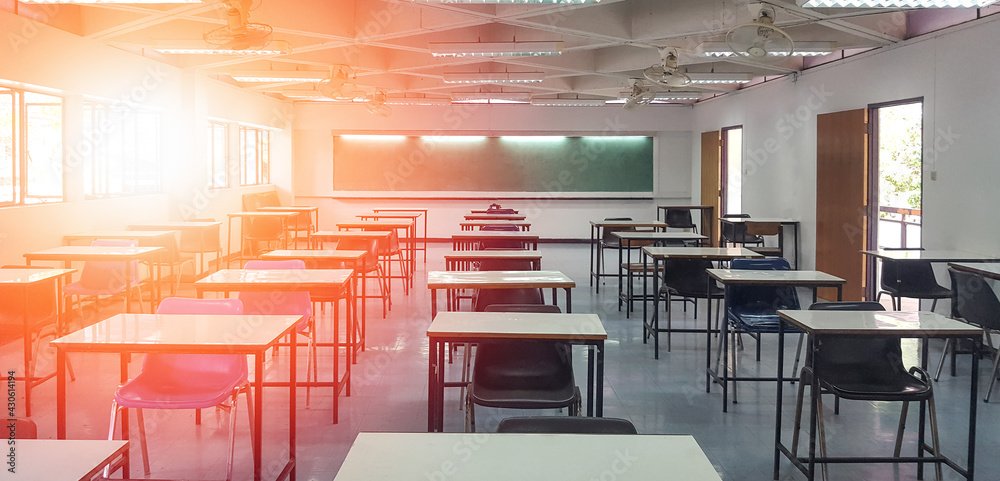In the post-pandemic world, skills are an important component of advanced educational programs. And education for skilling is a popular term among the stakeholders. Presently, it is one of the most effective ways of addressing skills gap and preparing our youngsters for a competitive world. In other words, we can also say that skills acquisition is the most credible way to help students develop the competencies required to thrive in this complex world.
Most of us believe that the history of skill education in India dates back to full-fledged vocational courses. However, in the present times, 21st century skills inculcation is one of the primary goals of school education. And the process starts right from the initial stages of formal education.
Be ready to dive into the intrinsic details of this highly-relevant topic. Let’s start right away!
WHAT IS SKILLS DEVELOPMENT?
The dictionary definition of skills explains the term as the ability to utilize one’s knowledge for execution. Skills development aims at building marketable skills in students. This helps them to develop the core competencies which in turn makes them more employable for the job market.
In the present times, skills are the biggest pre-requisite for job-seekers. In fact, the need for inculcating and honing skills is a need of the hour not just in India. But also across the entire world.
Let’s look at this need from a global perspective before we get down to the Indian scenario.
THE NEED FOR SKILL DEVELOPMENT
The dynamic world around us has transformed at a fast speed after the pandemic. With the growing dominance of technology, communication, and globalization, the global job markets have seen a major change in the nature and scope of work (jobs/employment). All in all, this means that 21st century skills for students are a passport to a successful career pathway in the upcoming years.
As per the World Bank, the 21st century labor market needs individuals with a comprehensive skill set including:
Socio-Emotional– Teamwork, self-control, leadership, and grit.
Cognitive– Problem-solving, reasoning, creativity, critical thinking, adaptability, etc.
Digital– To understand and create information securely.
Technical– The mastery of technology.











